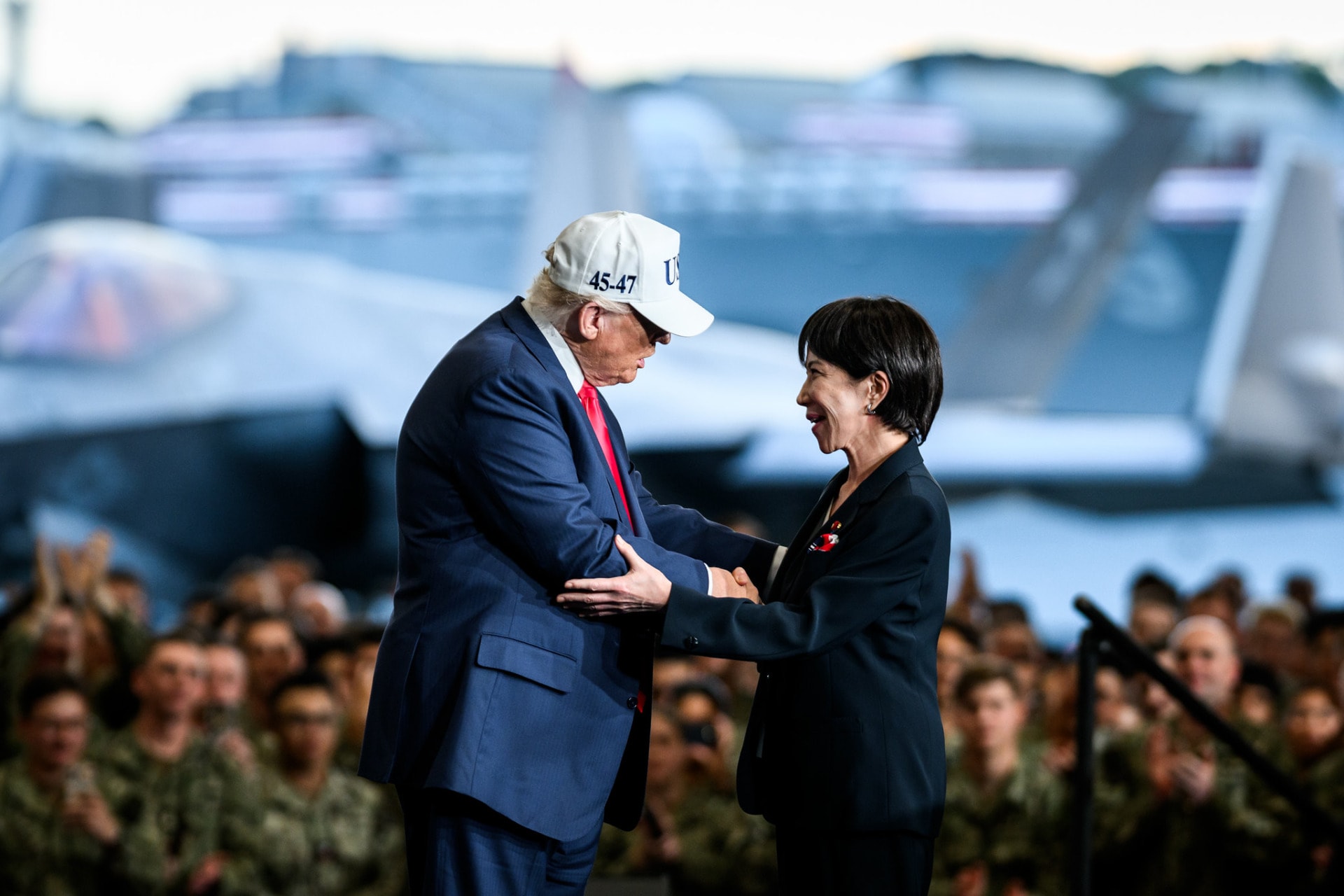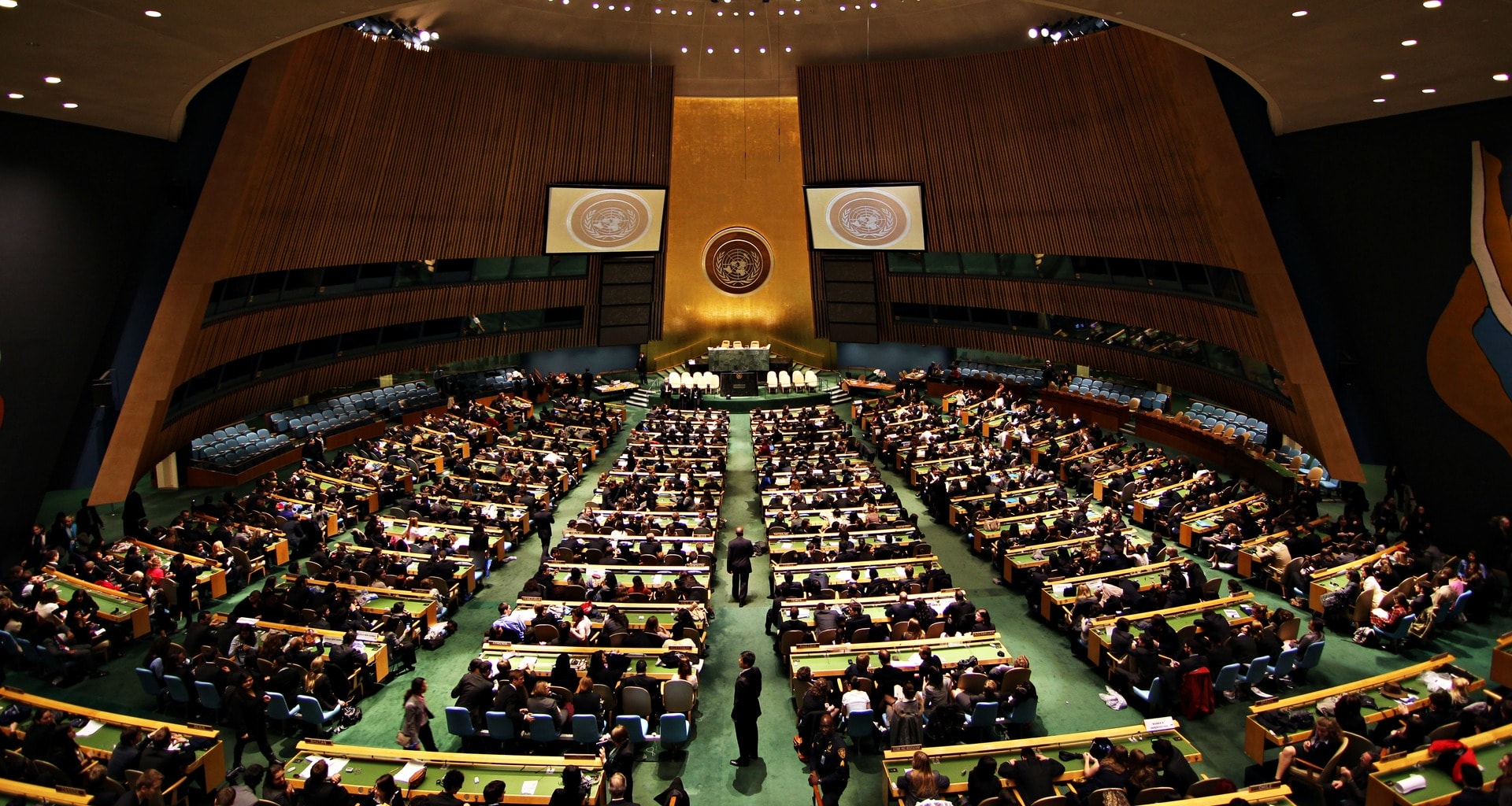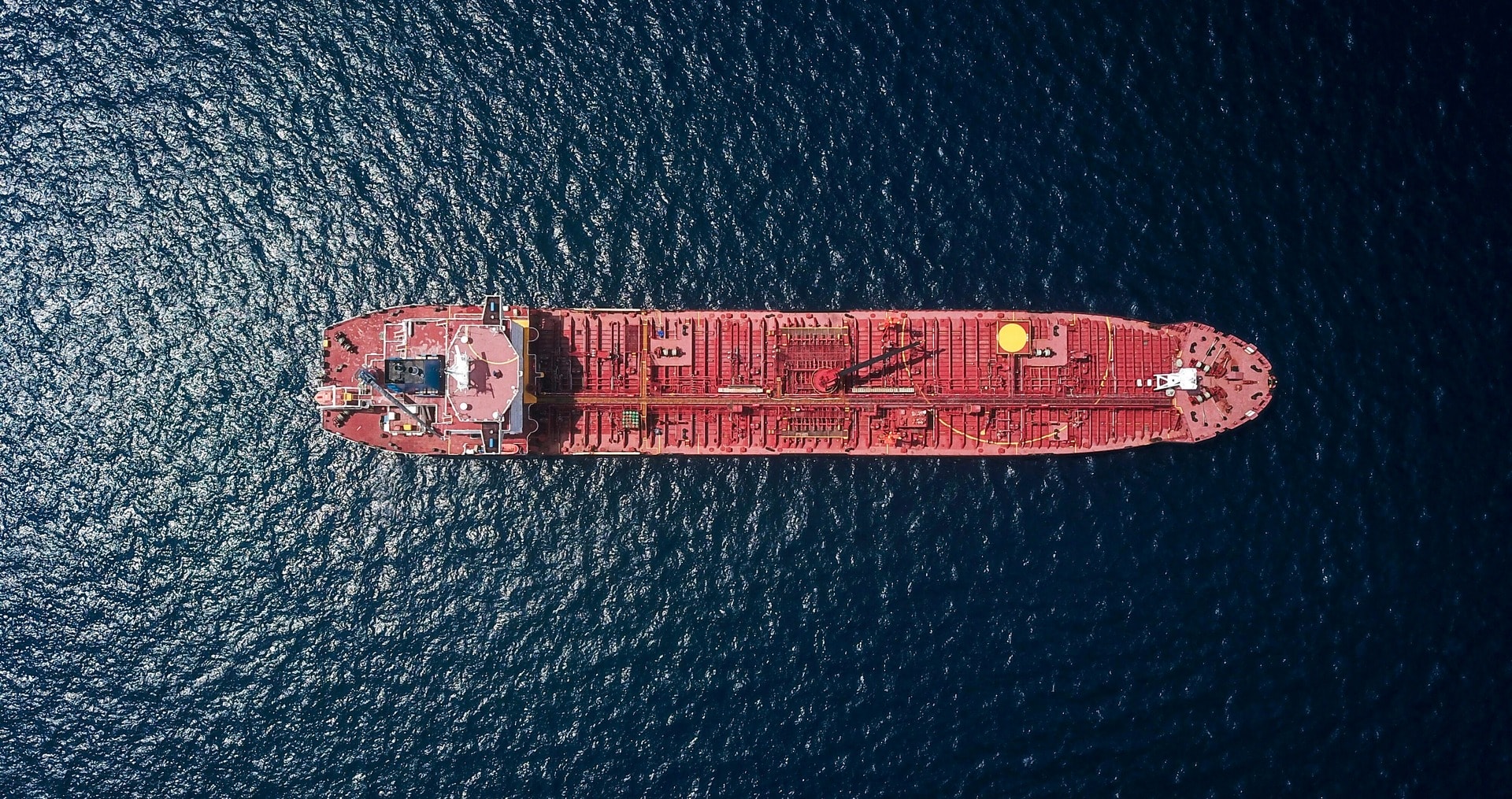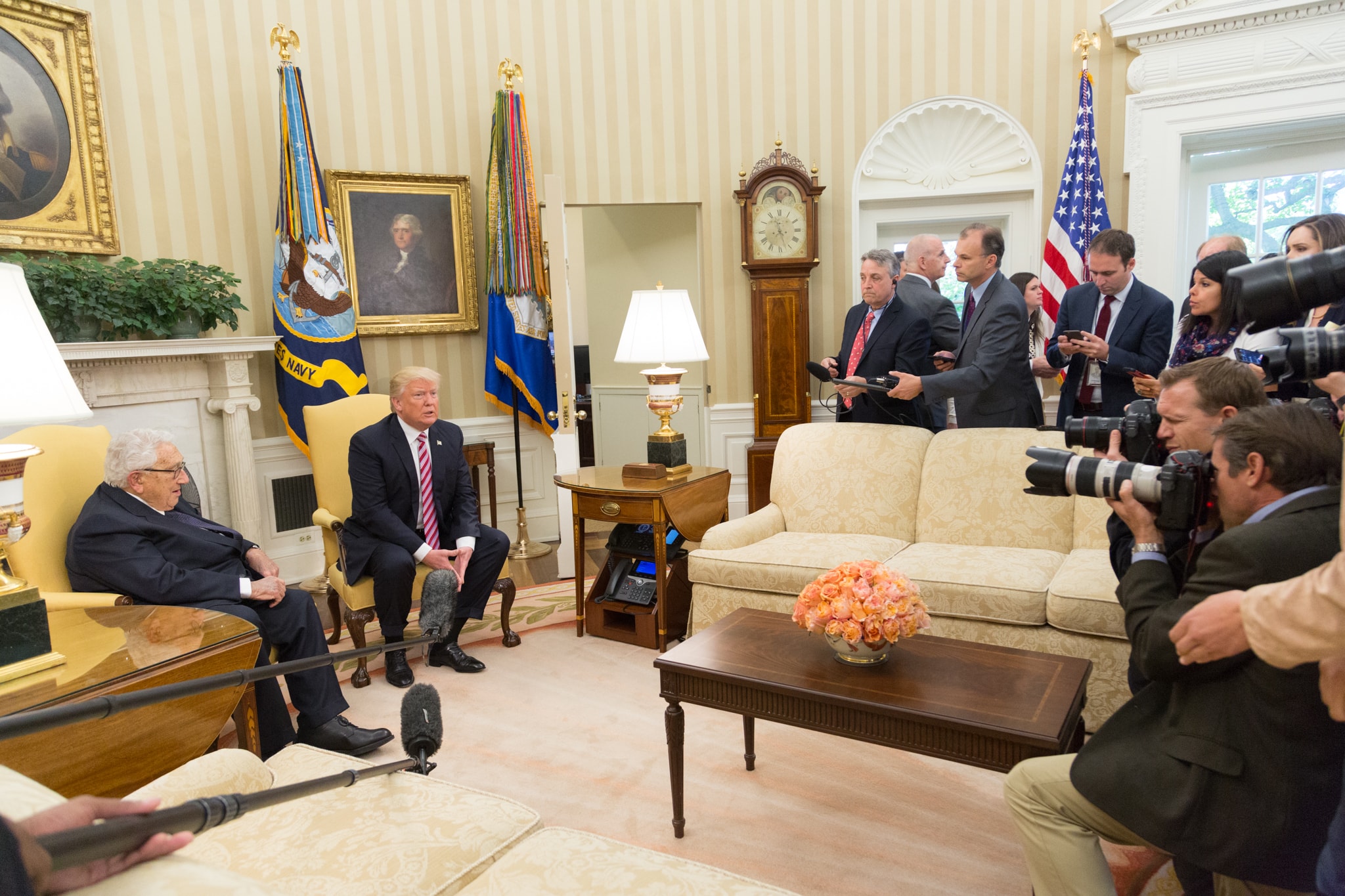Is the regular street address system outdated? Like anything that has been out there for a while, it maybe can be upgraded with technology. There are a lot of people around the world that don’t have a proper personal address, whether because they live in remote places on the planet, or because their location is not associated with a regular street address. How to reach them to deliver mails, packages or if there is an emergency? What3Words was created to solve those issues with an innovative approach. By associating GPS, the little squares on a map, a location and three words, What3Words gives an address to any place on earth. Using What3Words has several benefits and as we speak with the CEO, Chris Sheldrick, we will try to find out more about them.
What inspired you to start What3Words?
Chris Sheldrick: I was working in the music events industry and found that bands and equipment constantly got lost trying to find venues and festival locations.
It became clear to me that addressing just wasn’t good enough, so I tried giving out GPS coordinates, but they were hard for people to input into their car or device, and near enough impossible to communicate correctly over the phone. Mistakes were easy to make and hard to pick up on until it was too late. I sat down with a friend to see if we could find a solution that was as accurate as coordinates – but concise and memorable too. Later on, the first what3words algorithm was born on the back of an envelope.
My experience with poor addressing was far from unique. It’s estimated that 75% of countries have poorly maintained addressing systems, or none at all. In the remaining 25%, addressing is insufficiently accurate for the demands of the modern day, and doesn’t cover everywhere.
Unreliable or non-existent addressing hampers countries’ economic growth and infrastructure development and prevents businesses from operating efficiently. It prevents billions of people around the world from accessing essential services such as birth registration, finance, health services, education, land ownership and emergency services. Street addressing systems are expensive and time-consuming for governments to introduce and need constant maintenance.
Even where street addresses are well established, deliveries go astray, people get lost and taxis fail to find customers. Street addresses are inaccurate, do not geocode reliably, are often duplicate or easy to mistake, and require manual updating to a database, so cannot keep up with rapid city growth.
 IN THE PHOTO: WHAT3WORDS CAN FACILITATE THE JOB FOR DELIVERY COMPANIES. PHOTO CREDIT: WHAT3WORDS
IN THE PHOTO: WHAT3WORDS CAN FACILITATE THE JOB FOR DELIVERY COMPANIES. PHOTO CREDIT: WHAT3WORDS
Can you explain to our readers how does What3Words work?
Chris Sheldrick: We have divided the entire world into 3m x 3m squares, each with a unique address made from three dictionary words – a 3 words address. The 3 words address for the front door of our London office, for example, is ///index.home.raft. The system is fixed, and will never change, so does not need to be updated and it works offline. A 3 words address is a human-friendly way to share very precise locations with other people, or to input them into platforms and machines such as autonomous cars. It is optimized for voice input and contains built-in error prevention to pick up on and correct mistakes. The system can also be used in 22 languages, with many more launching this year.
Now people can refer to any precise location – a delivery entrance, a remote hiking trail where somebody is injured, or a taxi pick-up point – with three simple words. It also means that every home and business in the world has a fixed and reliable address they can discover and use for free.
 IN THE PHOTO: THE LITTLE SQUARES OF WHAT3WORDS APPLIED ON A PICTURE. PHOTO CREDIT: WHAT3WORDS
IN THE PHOTO: THE LITTLE SQUARES OF WHAT3WORDS APPLIED ON A PICTURE. PHOTO CREDIT: WHAT3WORDS
What are the positive turnouts of the use of What3 Words in our society?
Chris Sheldrick: 3 words addresses are used by over 650 businesses, government agencies and NGOs across over 170 countries, and by sectors including automotive, e-commerce, logistics, automotive & mobility, travel & navigation, post, national infrastructure, events, humanitarian, disaster response and emergency services.
Our customer base includes Mercedes-Benz, who is about to launch the world’s first car with built-in what3words voice navigation. Drivers will be able to say a 3 word address to input and navigate to a precise destination, anywhere in the world. Global logistics giant Aramex has integrated what3words to optimize its last mile operations in the Middle East and South Africa and many other couriers and food delivery customers are using 3 word addresses, for example, Domino’s Pizza on the island of Sint Maarten. National postal services in 9 countries to date have adopted what3words, giving over 200 million people an accurate and reliable address, many for the first time. Many of our customers are innovative future-facing companies including DXC Drones and #AccessibleOlli.
Our humanitarian partners include the United Nations, who have adopted the what3words system for its disaster response and recovery app UN-ASIGN. Other NGOs include Gateway Health in South Africa, who are using what3words to address township homes on the outskirts of Durban, and who have trained local ambulance drivers to use 3 words addresses to reach pregnant women faster in the township areas, saving lives. 3 words addresses are also used throughout the world to locate clean water sources, deliver solar panels to communities within electricity and track the delivery of vaccines and mosquito nets.
 IN THE PHOTO: WHAT3WORDS LOCATION APPLIED A SOUTH AFRICAN COMMUNITY. PHOTO CREDIT: WHAT3WORDS
IN THE PHOTO: WHAT3WORDS LOCATION APPLIED A SOUTH AFRICAN COMMUNITY. PHOTO CREDIT: WHAT3WORDS
What about the most remote communities living on earth?
Chris Sheldrick: We are enabling everyone, everywhere in the world, whether they are in cities, on remote islands or even their tents on the Mongolian plains – a simple and reliable address.
An example of this is Mongolia – remote and nomadic in culture – adopted what3words as an official addressing system. Now, for the first time, Mongolians are able to receive mail, register for a bank account and receive food deliveries – all by using 3 words address.
You are partnering with several companies and organization. Which one do you consider the most interesting and how What3Words is able to help them?
Chris Sheldrick: One of our earlier partnerships which still remains incredibly special to us is Gateway Health. The Gateway Health Institute provides healthcare and community services in disadvantaged areas across South Africa. They run programs to deliver medicine, supply emergency transport for women in labor, and identify hot spots for human rights abuses. However, many of these programs struggle due to the lack of reliable addressing.
Gateway Health uses 3 words addresses in the township of KwaNdengezi, near Durban. The what3words grid system means that every part of the township – including homes, community centers and facilities like water pumps – already has a pre-assigned and fixed address.
Once a home knows its 3 words address, its residents can share the location accurately and reliably. Medical services can identify where pregnant women live and provide them with essential pre-natal care. Should any complications occur during labour, ambulance crews also know exactly where to go, to provide life-saving assistance.
Gateway Health is one of the many diverse humanitarian partners what3words is working with, and it is powerful to see how our technology is supporting those in need. We were used by the Mexican government, during last year’s earthquake response, by NATO and the UN, and by the Red Cross to provide essential support and aid during disasters.
 IN THE PHOTO: WHAT3WORDS LOCATION CAN HELP RESCUE PEOPLE DURING DISASTERS. PHOTO CREDIT: WHAT3WORDS
IN THE PHOTO: WHAT3WORDS LOCATION CAN HELP RESCUE PEOPLE DURING DISASTERS. PHOTO CREDIT: WHAT3WORDS
How do you see the future of your company? Where do you expect to be in five years?
Chris Sheldrick: Our goal is to be a global addressing standard, so everyone in the world has a simple, accurate and reliable address they can use whenever they need it. We want businesses, governments and services worldwide to use 3 words addresses to become more efficient and improve their customer experience. At the same time, we look forward to showing how better addressing can reduce businesses’ environmental impact, ease pressure on crowded cities, fuel economic growth in developing nations and save lives.
This year, we will launch our 28th language, allowing 3.8 billion people to use 3 words addresses in their home language, that’s 51% of the world. We also expect to open more local offices to add to those we’ve opened in Mongolia and South Africa. Our growth plans involve more global integrations to add to Daimler, Aramex and the UN, along with focused local market activity targeting all sectors within one country or region, creating an ecosystem in which 3 words addresses become a standard.
Similarly, more and more people will be using 3 word addresses everyday – to meet friends, find hidden gems that lay off the beaten track or simply to navigate to a specific entrance.


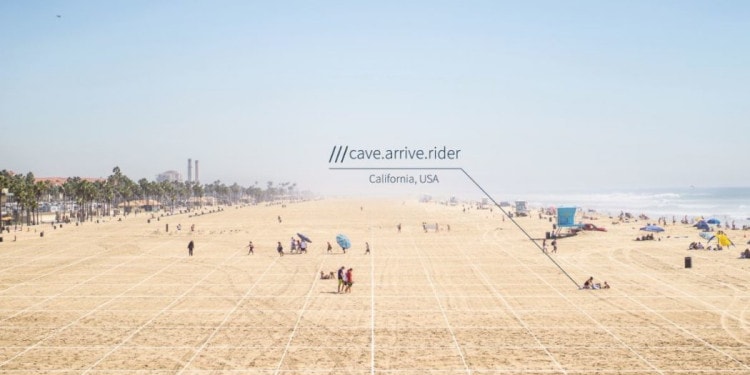
 IN THE PHOTO: WHAT3WORDS ADDRESS APPLIED ON A DOCK. PHOTO CREDIT:
IN THE PHOTO: WHAT3WORDS ADDRESS APPLIED ON A DOCK. PHOTO CREDIT: 